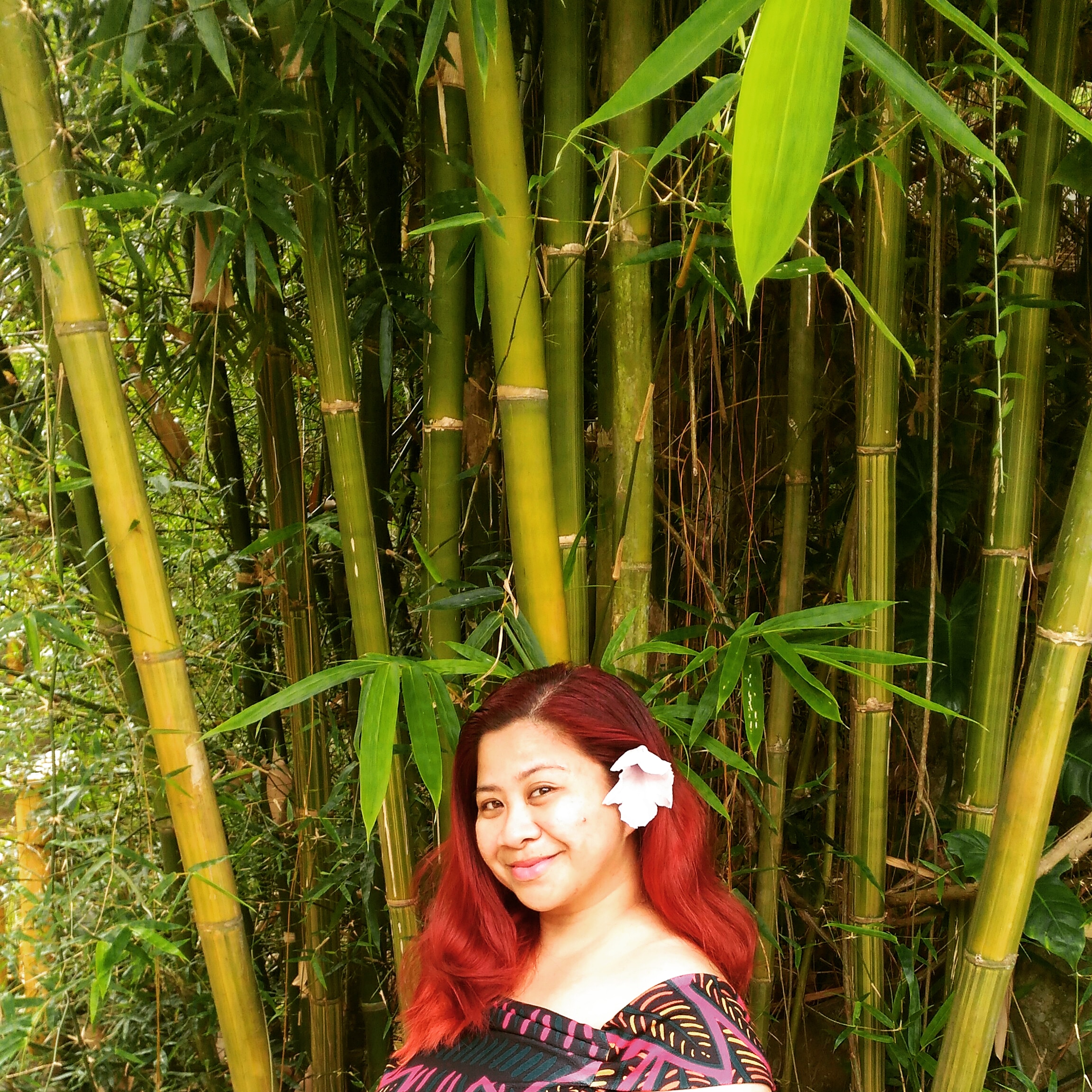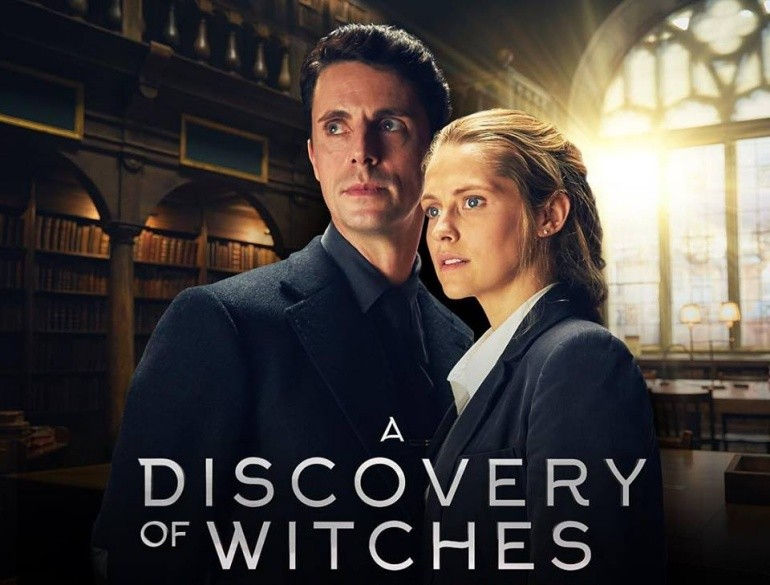Cliterature: Probing Into Female Masturbation in Women’s Erotica
- Graziella Sigaya

- Jul 4, 2020
- 4 min read
Updated: Aug 22, 2021
Sex is obviously our oldest obsession. In The History of Sexuality, Michel Foucault famously argued that society is "preoccupied with sex" that it both titillates and terrifies. Erotic literature has been a lot of things during the past couple of decades and according to Playboy.com editor Susie Bright, it has transformed itself from publishing shame to book business saviour, from militant manifesto to supermarket special. (Bright, S., The Best American Erotica, 2002)

In Slow Hand: Women Writing Erotica, editor Michele Slung challenged women to “turn her on”. The result is an anthology of short stories in which women artfully explore their own erotic domain. Slung claimed that this “wave of erotic writing offered the embrace of acceptance" because it “broke free of the tyranny of physical beauty and the desirability of youth.” She added that the stories in Slow Hand functioned as teasing turn-ons or as evocations of tenderness, or as exploration of the boundaries of passion, or whether they ventured into the adjoining territories of betrayal, jealousy, loneliness, rejection, insecurity, they always kept clearly in the foreground real women – not nymphets or sex goddesses, not unblemished starlets or virginal misses, but women with bodies and histories that were not free of imperfections. (Slung, 1992) It is interesting to note however that of the nineteen stories, only four feature masturbation. This scarcity of erotic writing that presents any form of female masturbation is definitely a nod to what The Guardian claimed in 2010 as "literature's last taboo". It is the one form of sex that writers have yet to truly get to grips with because, “we have yet to resolve our anxiety over this activity..." (https://www.theguardian.com/books/booksblog/2010/apr/20/masturbation-literature-last-taboo) While male masturbation is usually considered a facet of a healthy libido, female masturbation inspires anxiety and even fear. The result of this fear, according to Michel Foucault, is that much of the ideology around and language used to describe sexual activity ultimately serves to both confine and regulate it.

This article explores how female masturbation is presented in the short stories; Drought by Wendy Law-Yone, Ninety-Three Million Miles Away by Barbara Gowdy, Windows by Idious Buguise, and Treats by Rebecca Battle.
Women were the silent sex, especially when it comes to speaking about “self-pleasuring”. In the words of Nancy Friday, “We had placed the sexual constraints and secrecy upon one another which men had thought necessary for their own happiness and freedom. We had imprisoned each other, betrayed our own sex and ourselves…" (Friday, N. My Secret Garden, 1973) Although most masturbation myths have been debunked, negative attitudes about masturbation tend to persist and, as several authors point out, masturbation still remains stigmatized, frequently leading to feelings of guilt and shame (Cardamakis Vinakos, Lambou & Papathanasiou, 1993; Coleman, 2002; Hogarth & Ingham, 2009; Kitamura, 1990 as cited by Carvalheira & Leal, Masturbation Among Women: Associated Factors and Sexual Response in a Portuguese Community Sample, 2012).
The main protagonists in the four stories are from varied backgrounds; social status, age, and even ethnicity. They are as “real” as they can be with “real bodies and histories” but it is worth noting that among these four characters who engage in self-pleasuring activities; three are fairly young, in their late teens and/or 20’s and only one is in her 50’s. All of them are heterosexual. Also, only Ali Perrin from Ninety-Three Million Miles Away by Barbara Gowdy is married and is given a proper name while the rest are single/divorced and are anonymous.
The four short stories in Slow Hand are only reflective of the 1980’s and early 90’s erotic fiction. Women at this time had fully embraced erotica both as consumers and writers. Indeed the characters have been liberated from the stereotypical insatiable nymphets and unblemished virgins, but they are still struggling to overcome the cloying stigma against self-pleasure. Textual analysis of the stories yielded the insight that masturbation does instill shame and guilt and that frustration is the main reason why women engage in self-pleasure. This is aptly describe in Law-Yone’s story “Drought”… “Maybe if things had been different… I might not yet have learned to touch myself so capably.” In short, good girls just don’t masturbate.
Erotic fiction, when well written is never bland, in contrast to many soft porn of the tits-and-ass variety. Furthermore it offers what visual pornography never can – access to a character’s inner experience. Motivation and character are as important in erotica as in any other genre. Nonetheless, erotic fiction has found its niche catering to tastes which are popularly held to be marginal. It is no wonder therefore that the characters in the stories felt that they are “not being normal” (Treats), or even “cursed” (Drought). Those who had embraced their sexually however are exhibitionists, Ali (Ninety-Three Million Miles Away) and the 50 year old divorcee (Windows) who needed to see a psychiatrist.
Carvalheira and Leal confirm that masturbation is a positive component in the structuring of female sexuality. The last decades have witnessed, at least in Western societies, social transformations concerning gender roles (Torres, 2009, as cited by Carvalheira & Leal, 2012) and sexual relationships (Das, 2007; Bancroft, 2009, as cited by Carvalheira & Leal, 2012), with a gradually less repressive socialization for women. One of the consequences of these changes in female sexuality is, on the one hand, a greater freedom in the pursuit of sexual pleasure and, on the other, a more positive relationship with the body. (Carvalheira & Leal, 2012)
The act of masturbation still retains a power to shock that no other kind of sex in literature can. But times have changed and this "porn scholar" hopes to read more erotic stories that present female masturbation without the trappings of shame, guilt, or fear. Furthermore, I also hope to see a proliferation of academic discourses discussing female sexuality to assist us in examining and understanding the power, pleasure, and displeasure that erotica can contain.
References:
Bright, S., The Best American Erotica, 2002
Bullough, V. L. “Masturbation” Encyclopedia of Erotic Literature, 2006
Foucault, M. History of Sexuality
Friday, N. Forbidden Flowers: More Women’s Sexual Fantasies, 1975
Friday, N. My Secret Garden: Women’s Sexual Fantasies, 1973
Friday, N. Women on Top 1991
Knowles, J. Masturbation —From Stigma to Sexual Health, 2002
Mason, D. E., The Secret Vice: Masturbation in Victorian Fiction and Medical Culture, 2003
Sedgewick, E. K., Jane Austen and the Masturbating Girl, 1991






houd mn. Maybe in another langauge nga we don't know, may bayi gd nga nka express ka dya...
And somehow I find it sad nga in reference to female self-love & self-pleasure we have to look for Walt Whitman, a guy, to articulate it for us? Hay gamay lang ang exposure naton sa women's erotica... written by women, about women, for women.
Insat nga si Walt Whitman gd akun nadumduman basta that "self-pleasure" gina istoryahan...
“I celebrate myself, and sing myself, And what I assume you shall assume, For every atom belonging to me as good belongs to you.”
“I too am not a bit tamed, I too am untranslatable,
I sound my barbaric yawp over the roofs of the world.”
“Not I, nor anyone else can travel that road for you. You must travel it by yourself. It is not far. It is within reach. Perhaps you have been on it since you were born, and did not know. Perhaps it is everywhere - on water and land.”
“I will sleep no more but arise, You oceans that have been calm…
Amen!